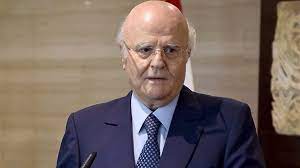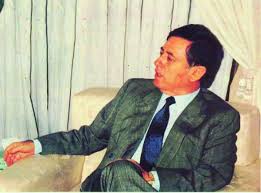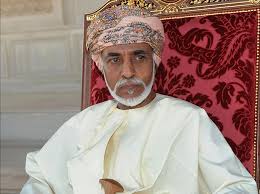Abdul Halim Khaddam, Vice President of the Syrian Arab Republic, left Sanaa this evening after a short visit to Yemen during which he conveyed a message from Syrian President Bashar al-Assad to Yemeni President Ali Abdullah Saleh regarding bilateral relations and the latest developments in the region.
In a statement to the media, the Syrian Vice President clarified that his discussions with President Ali Abdullah Saleh covered various aspects of the Arab situation, the prevailing state of fragmentation and weakness, and their repercussions on the future of the Arab world. Khaddam indicated that the perspectives were aligned and in agreement on the importance of joint efforts to build effective Arab solidarity, noting that the state of weakness exhausts the nation and facilitates the ambitions of forces seeking to impose dominance on the Arab homeland.
“We were in agreement that the peaceful path for the Arabs is to restore solidarity, openness, and reconciliation based on foundations that lead to Arab revival,” he said.
Regarding the Yemeni initiative, Khaddam mentioned that it was discussed in the talks, expressing his gratitude to President Ali Abdullah Saleh for presenting this initiative, which demonstrates a deep sense of responsibility and a broad awareness of the dangers threatening the Arab homeland. He emphasized the importance of extracting what is beneficial for everyone, developing a comprehensive Arab project, and establishing Arab wisdom based on solidarity, integration, and a shared destiny, achieving comprehensive reform in Arab joint action.
The Syrian Vice President stated that the situation in Iraq was deeply discussed, and the perspectives were in agreement that the situation should be addressed to restore Iraq’s independence and build its state with constitutional institutions. He noted that this requires Arab assistance through various means, including Iraqi national unity, avoiding sliding into peripheral conflicts, withdrawing foreign forces, and enabling Iraq to determine its destiny and choose its governance system under the umbrella of democracy.



